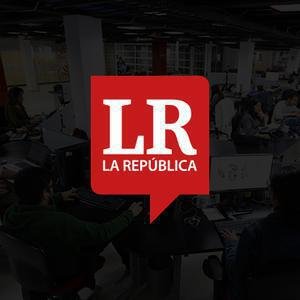After four days of questioning, Telegram’s CEO Pavel Durov has been released from French police custody and has not yet been formally charged. Prosecutors said he will be transferred to court where he will appear in front of a judge before a possible indictment.
Durov’s detention was part of an investigation into Telegram’s alleged criminal violations, including child sexual abuse material, drug trafficking and organized crime. The investigation has drawn international attention and raised questions about his messaging app’s global operations, compliance with legal standards, and content moderation practices.
Telegram faces increasing scrutiny from European authorities, highlighting the ongoing struggle between privacy-focused messaging platforms and government demands for accountability.
Despite the legal challenges, Telegram maintains it is complying with EU laws, stating that its moderation practices are “within industry standards and constantly improving.”
Telegram’s navigation through complex political landscapes reveals its pivotal role in regions grappling with censorship and conflict. The platform has faced pressure from Russian authorities to compromise user privacy.
In Ukraine, Telegram plays a vital role in disseminating war-related information, with media outlets and officials using it to share updates and issue critical alerts.
Telegram is banned in Iran, however, leaders of Iranian-backed Hamas have frequently posted on the messaging site regarding the ongoing conflict with Israel.
With nearly a billion users worldwide, Telegram’s global influence is undeniable, making the outcome of this legal challenge potentially far-reaching for digital communication and privacy.























